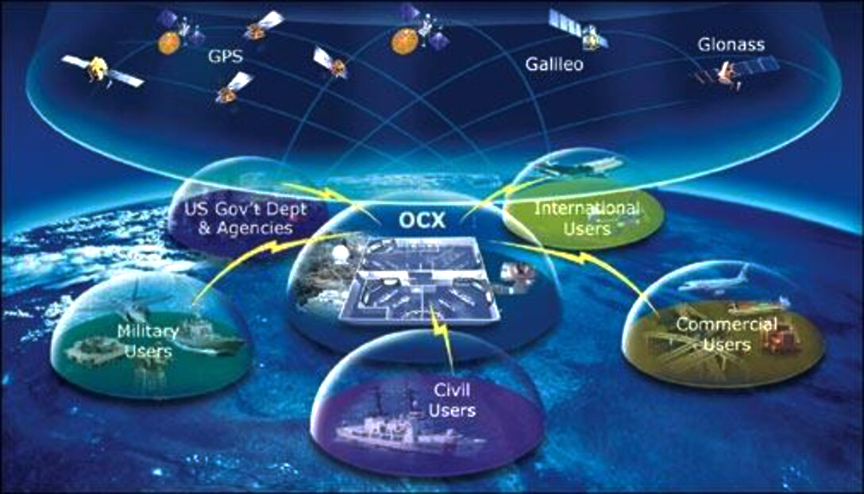
The U.S. Space Force (USSF) Space and Missile Systems Center (SMC) successfully delivered the fourth Global Positioning System (GPS) III satellite to Cape Canaveral Air Force Station, Florida, July 14.
GPS III Space Vehicle (SV) 04 was safely transported from the Lockheed Martin facility in Waterton, Colorado, to Space Coast Regional Airport in Titusville, Florida. The satellite was carried aboard a C-17 Globemaster III originating from Joint Base Lewis-McChord, Washington.
The delivery of GPS III SV04 starts the clock for final testing and checkout prior to launch. The satellite will be processed at the Astrotech Space Operations facility in Florida to ensure the full functionality of the satellite, prepare the satellite for propellant loading, and encapsulate the satellite in its protective fairing.
At the completion of these activities, the satellite will be horizontally integrated with the SpaceX Falcon 9 launch vehicle.
GPS III SV04 is slated to launch in September 2020. Once on-orbit, it will join the operational constellation of 31 GPS satellites, delivering enhanced resiliency, better accuracy, and advanced anti-jam capabilities. GPS delivers the gold standard in positioning, navigation, and timing services supporting vital U.S. and allied operations worldwide, and underpins critical financial institutions, transportation services, and agricultural industries.
Executive Comment
“The shipment of the fourth GPS III satellite was successfully conducted just two weeks after the launch of our GPS III-SV03 satellite. This operation is a remarkable achievement and testament to the hard work of the entire GPS team members from all across the country,” said Col. Edward Byrne, SMC’s Medium Earth Orbit Space Systems Division Chief. “The delivery of SV04 marks the start of our third GPS III launch campaign on a SpaceX Falcon 9 rocket and brings us another step closer in advancing the GPS constellation with more capable satellites.”
Additionally, the United States Space Force’s Space and Missile Systems Center (SMC) took a major step toward Operational Acceptance of the long awaited Global Positioning System (GPS) Military-Code (M-Code) with the completion of the major M-Code Early Use (MCEU) hardware and software upgrade to the GPS Operational Control System (OCS) on July 27.

The encrypted M-Code signal enhances anti-jamming and anti-spoofing capabilities for the warfighter. M-Code signals are currently available on all 22 GPS Block IIR-M, IIF and III space vehicles currently on orbit. The installs were completed at the Master Control Station at Schriever Air Force Base, Colorado and Alternate Master Control Stations at Vandenberg Air Force Base, California.
The MCEU upgrade allows the OCS Architecture Evolution Plan to task, upload and monitor M-Code within the GPS constellation, as well as support testing and fielding of modernized user equipment. MCEU will be in a trial period prior to Operational Acceptance in November 2020. Once Operational Acceptance is granted, upcoming Military Ground User Equipment (MGUE) will be able to leverage the M-Code signal-in-space to provide more secure position, navigation and timing (PNT) to warfighters.
MCEU serves as a gap filler for M-Code operations prior to the entire GPS constellation’s operational transition to the Next Generation Operational Control System Block 1, which is now in development.
A key to enabling M-Code is a new software-defined receiver currently being installed at all six Space Force Monitoring Sites. The M-Code Monitor Station Technology Improvement and Capability receiver, as it is called, uses a commercial, off-the-shelf hardware to cost effectively receive and process M-Code signals, enabling OCS operators to monitor the M-Code signals.
GPS continues to rapidly evolve and adapt to the ever-changing global environment and PNT user needs.
Executive Comment
“Working closely with Lockheed Martin and our other mission partners – with the common national goal of providing enhanced PNT signal security and safety always in sharp focus – means we’re able to deliver the right mission capability faster to our warfighters,” said Lt. Col. Steven A. Nielson, program manager of the MCEU project.
